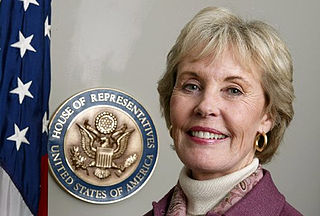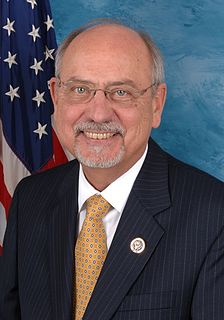A Quote by Cindy Hyde-Smith
It is simply unfair for the Internal Revenue Service to lay claim to the bulk of a small business or farm when a death occurs. Federal tax policy should instead be geared toward helping the next generation keep these family-owned operations alive.
Related Quotes
The day after Republicans won solid majorities in the House and Senate, House Speaker John Boehner and Senate Majority Leader-to-be Mitch McConnell outlined priorities for the newly elected Congress. High on the list is fundamental tax reform. In addition to overhauling the federal tax code, however, Congress should rein in the Internal Revenue Service.
As you begin to feel this enormous shift of consciousness, called multisensory perception, emerging in your awareness, you begin to reorient yourself. It's a reorientation that occurs toward yourself as more than a mind and a body; it's a reorientation that occurs toward others; toward your life as meaningful, rather than predetermined. It's a reorientation that occurs toward the universe as alive, wise and compassionate, instead of inert (which means dead) and random.
When I hear the president of the United States in a great little rhetorical flourish talk about the leavening hand of the government, everybody knows that leavening hand is attached to the long arm of the Internal Revenue Service. And no one mistakes the Internal Revenue Service with something called liberty.
Withdraw from the Canada Pension Plan... Collect our own revenue from personal income tax... Resume provincial responsibility for health-care policy. If Ottawa objects to provincial policy, fight in the courts... [E]ach province should raise its own revenue for health... It is imperative to take the initiative, to build firewalls around Alberta.
John Marshall's warning that the power to tax is the power to destroy has taken on far greater meaning... more specifically, the power of the Internal Revenue Service is threatening to destroy the freedom of religion , guaranteed by the First Amendment. As part of that guarantee, Congress has granted tax exemptions for churches to avoid excessive interference in their religious activities.
A moderate tax on robots, even a temporary tax that merely slows the adoption of disruptive technology, seems a natural component of a policy to address rising inequality. Revenue could be targeted toward wage insurance, to help people replaced by new technology make the transition to a different career.


































